The Yoruba throne has never been a quiet seat. Last week, the silence broke into thunder as two of its most storied crowns clashed over who holds the right to speak for all of Yorubaland.
The Alaafin of Oyo, Oba Abimbola Owoade 1, did not mince words. He accused the Ooni of Ife, Oba Adeyeye Ogunwusi, of daring to overstep by bestowing the title “Okanlomo of Yorubaland” on businessman Dotun Sanusi. Such an honour, the Alaafin insisted, belongs only in his own royal gift.
In a sharply worded ultimatum, the Alaafin demanded that the Ooni revoke the title within 48 hours or “face the consequences.” His aides drew on history and even Supreme Court rulings to argue that the authority to confer such sweeping titles resides exclusively in Oyo.
But in Ile-Ife, the Ooni’s camp laughed off the threat. His spokesman dismissed it as “an empty threat,” adding that the palace would not “dignify the undignifyable.” For the Ooni’s court, the matter belongs in the public square, where opinion swirls and satire can sting sharper than decrees.
This is hardly their first quarrel. The two monarchs, who preside over rival thrones tied to the mythic origins of the Yoruba, have traded slights before. From sidestepped greetings at state events to thinly veiled jabs in the press, their rivalry has simmered in plain view.
Elders and cultural leaders are now calling for calm. Aare Ona Kakanfo, Gani Adams, likened the row to “a quarrel between two fathers” and urged Yoruba leaders to step in before old wounds split open again. The Yoruba Council of Elders echoed him, appealing for restraint and urging government intervention.
Yet beneath the appeals lies an unspoken question: when kings quarrel over crowns and titles, who really speaks for unity? For now, Yorubaland holds its breath, waiting to see if thunder gives way to rain—or fire.



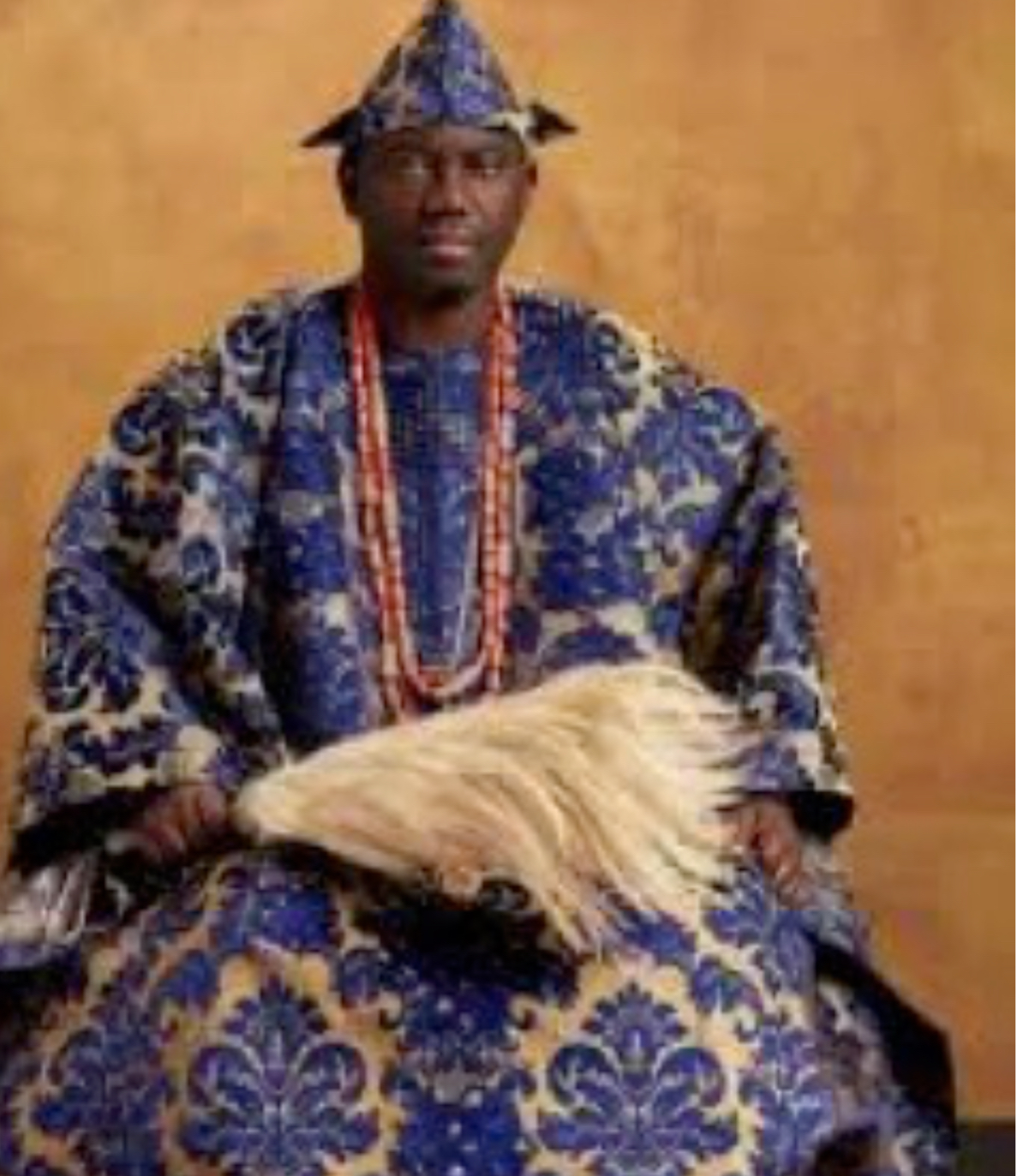

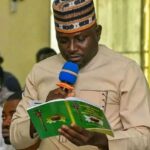
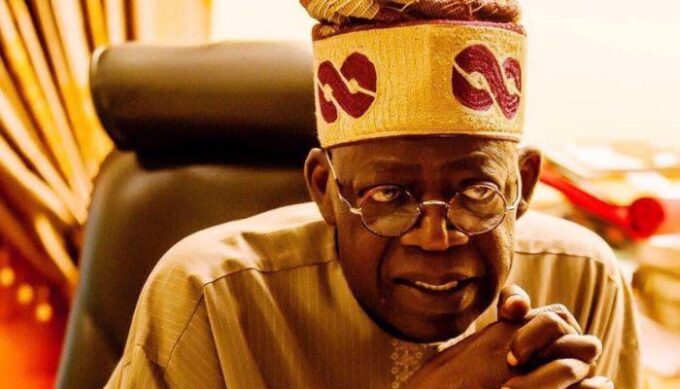

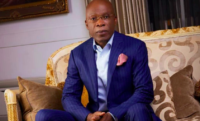
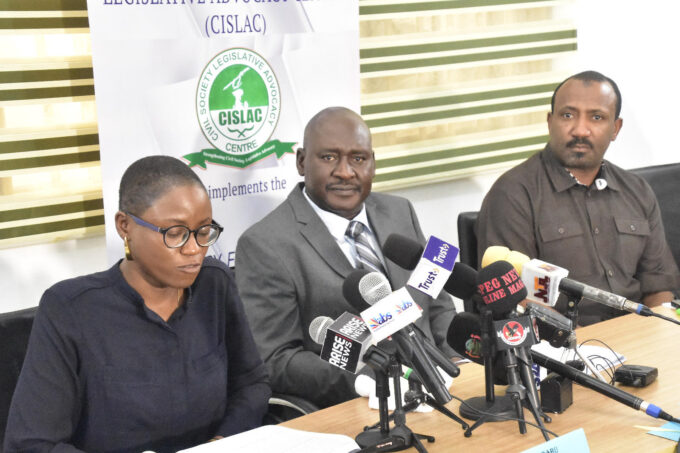
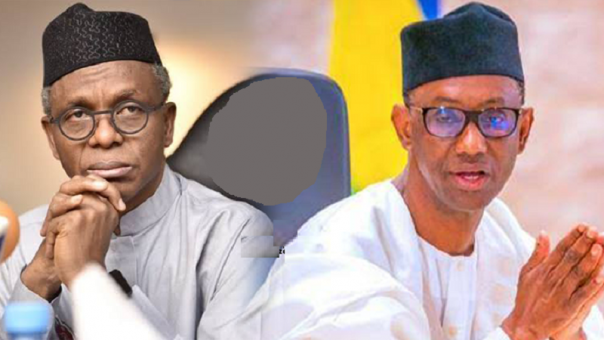
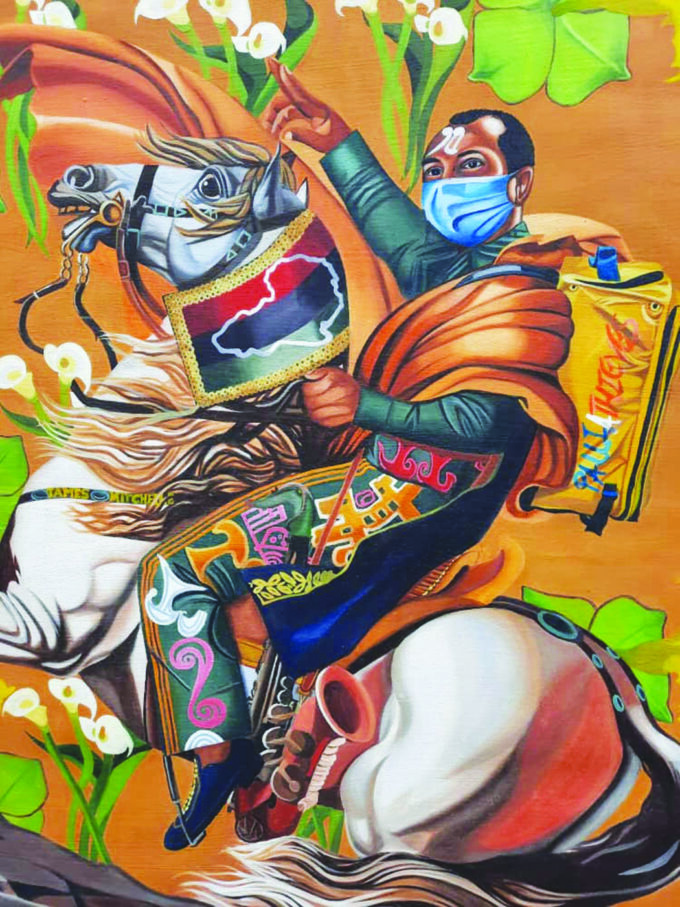




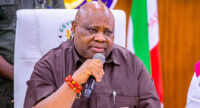

Leave a comment